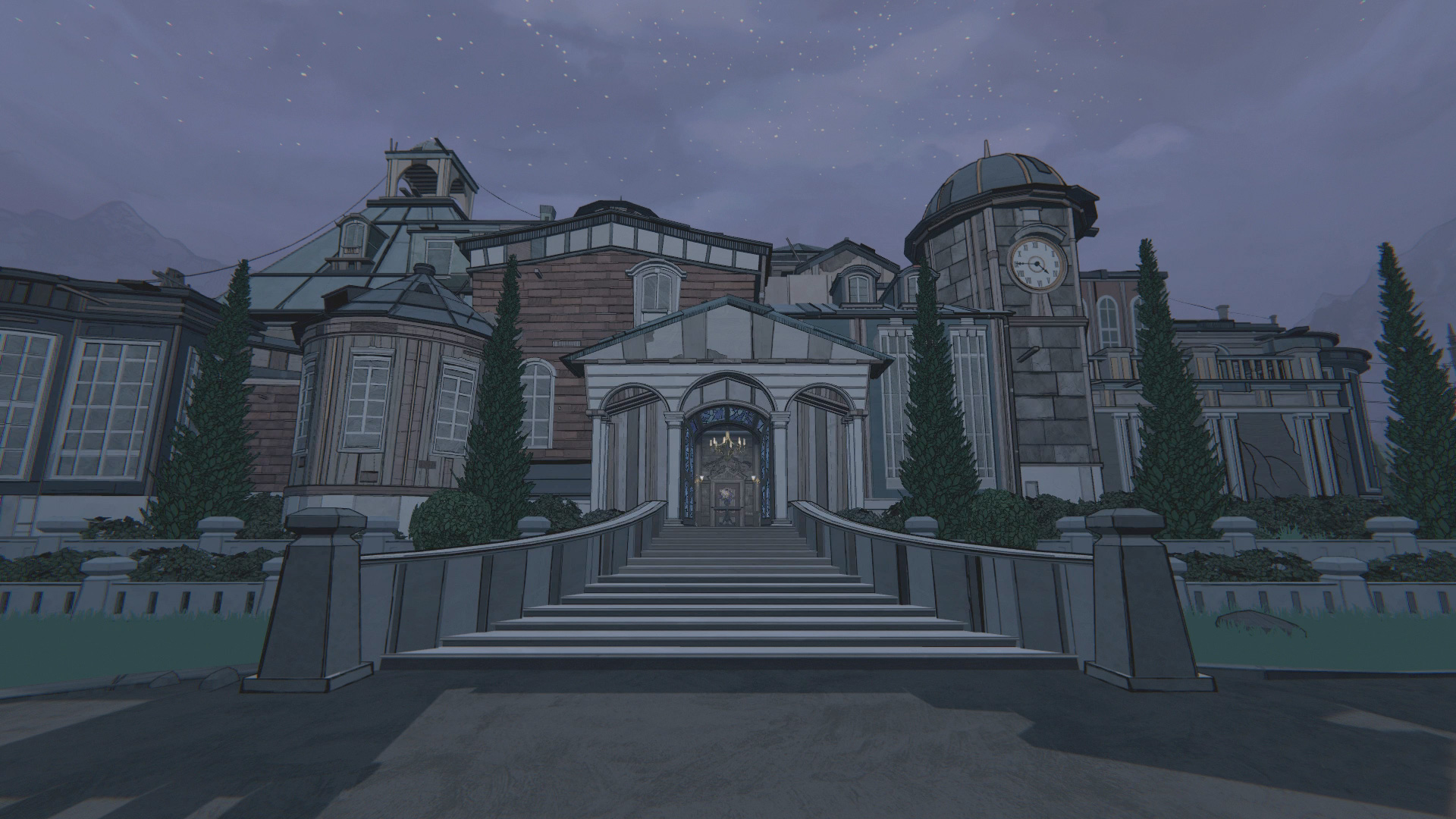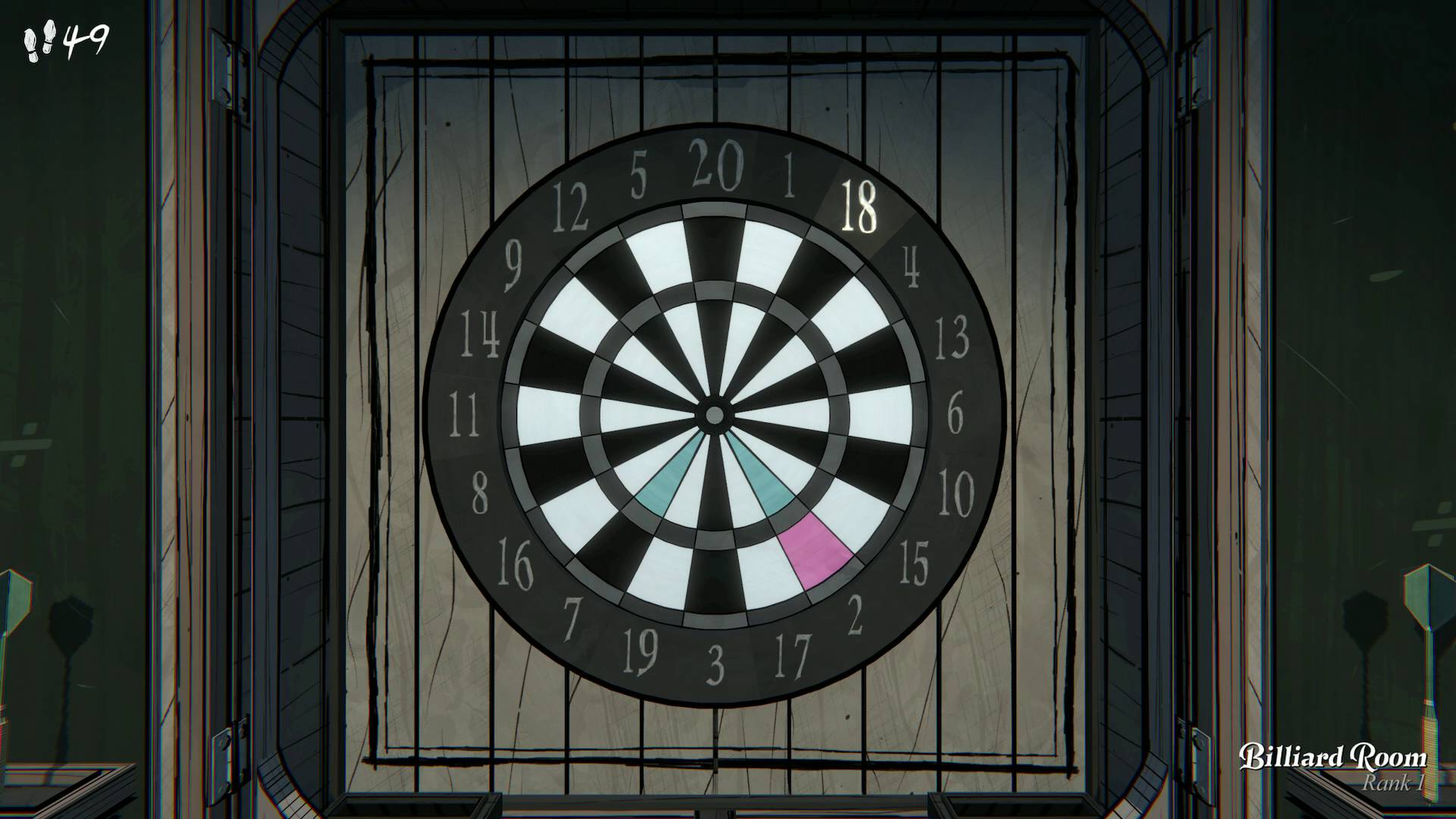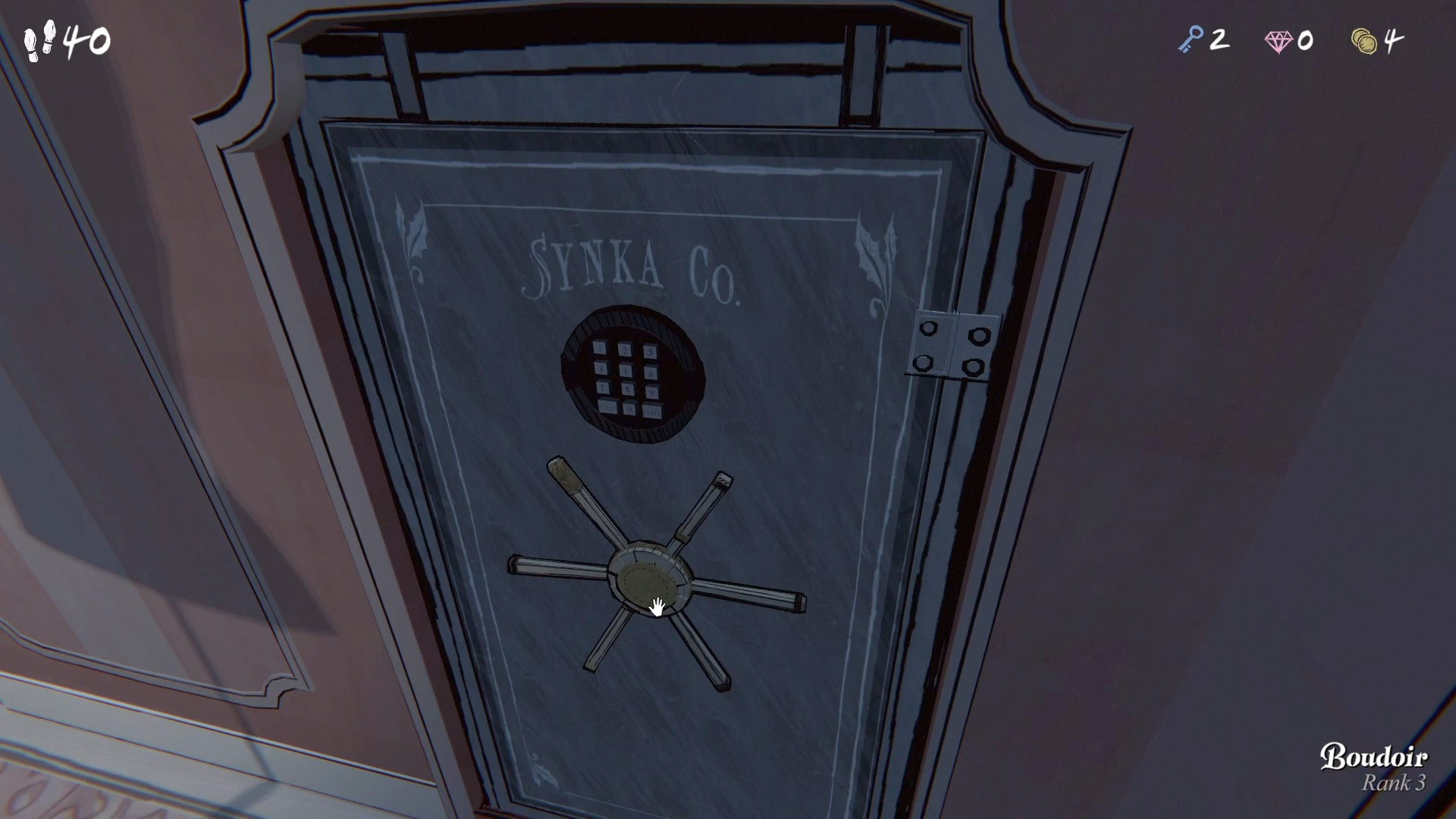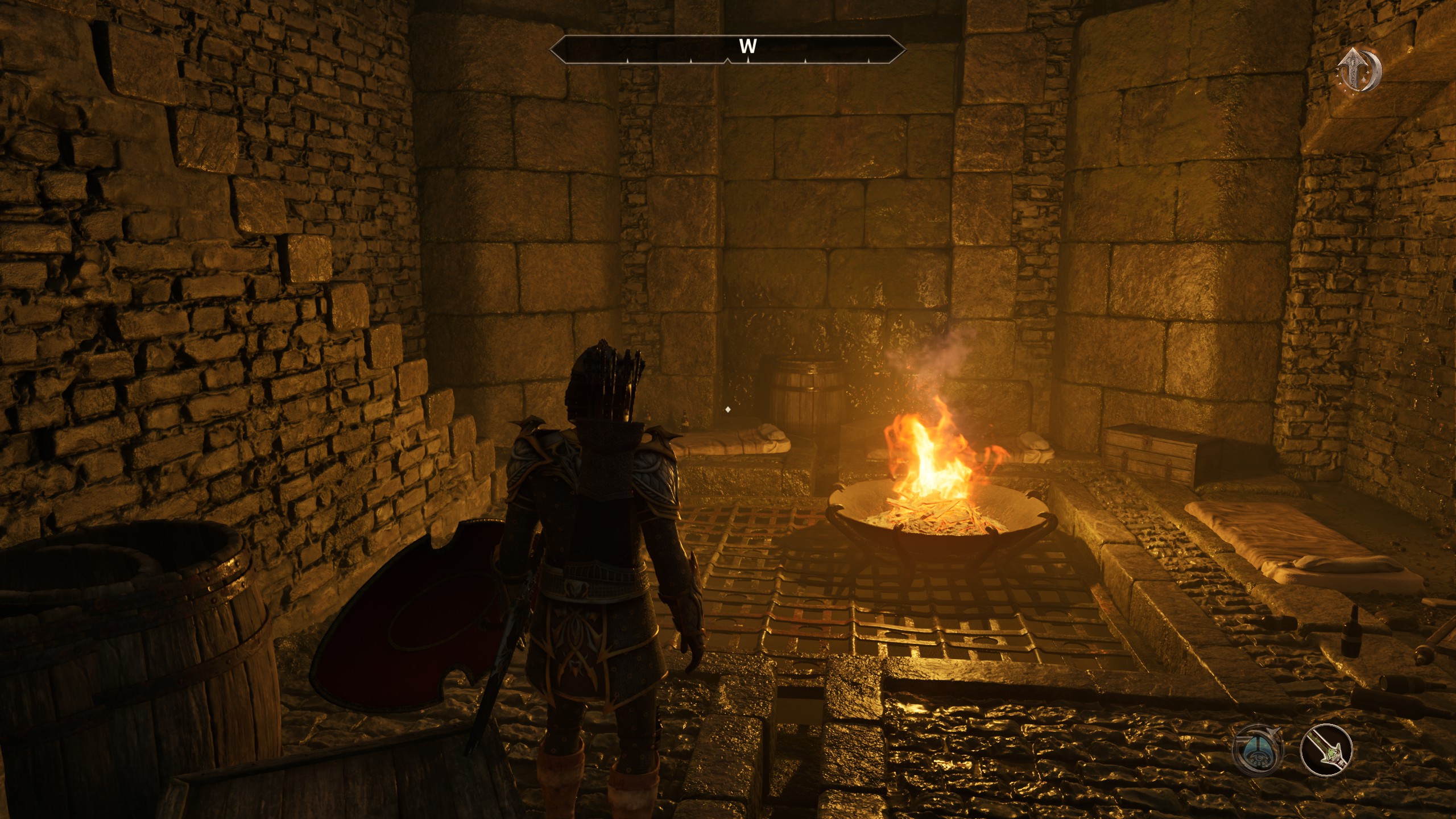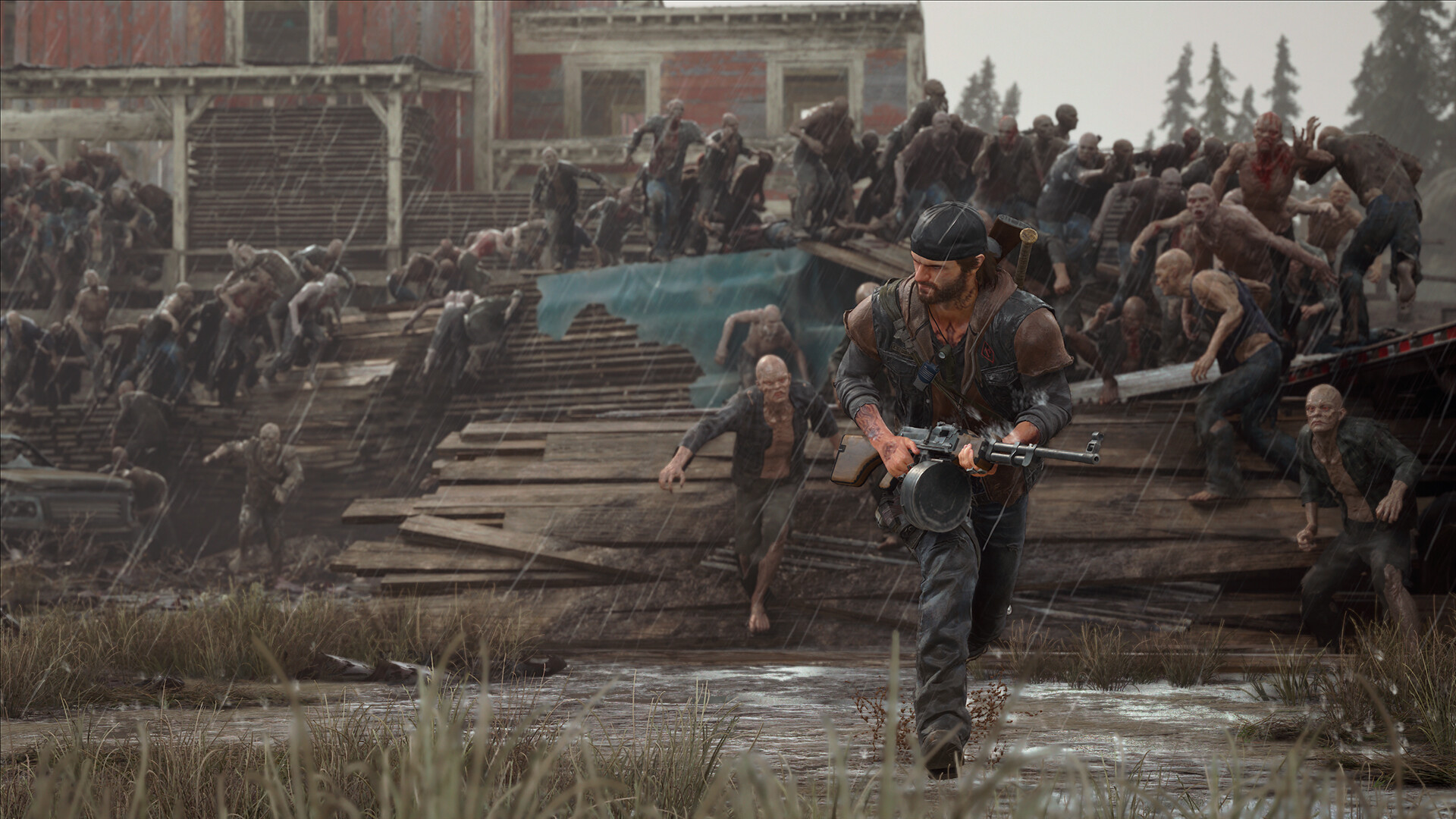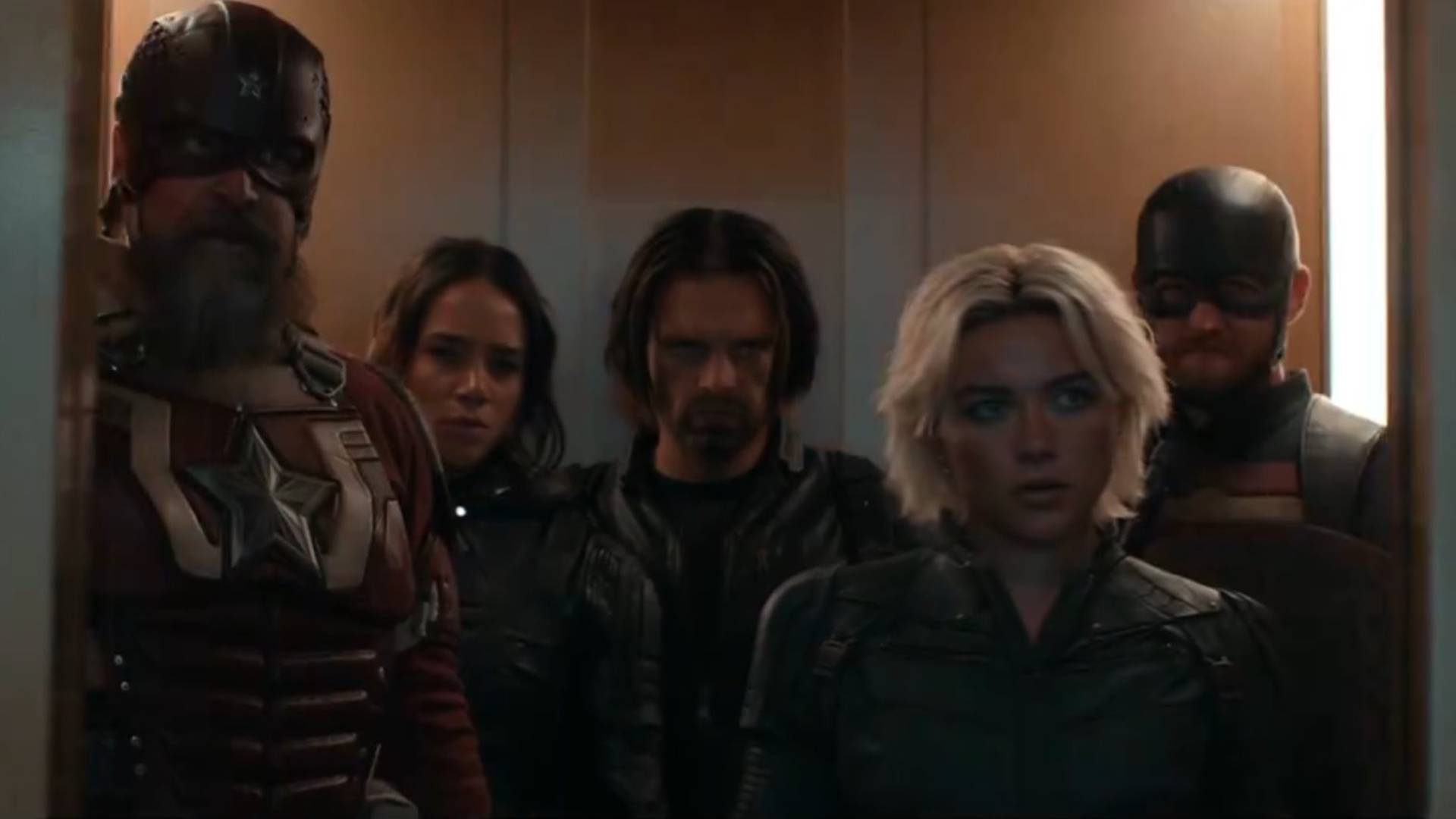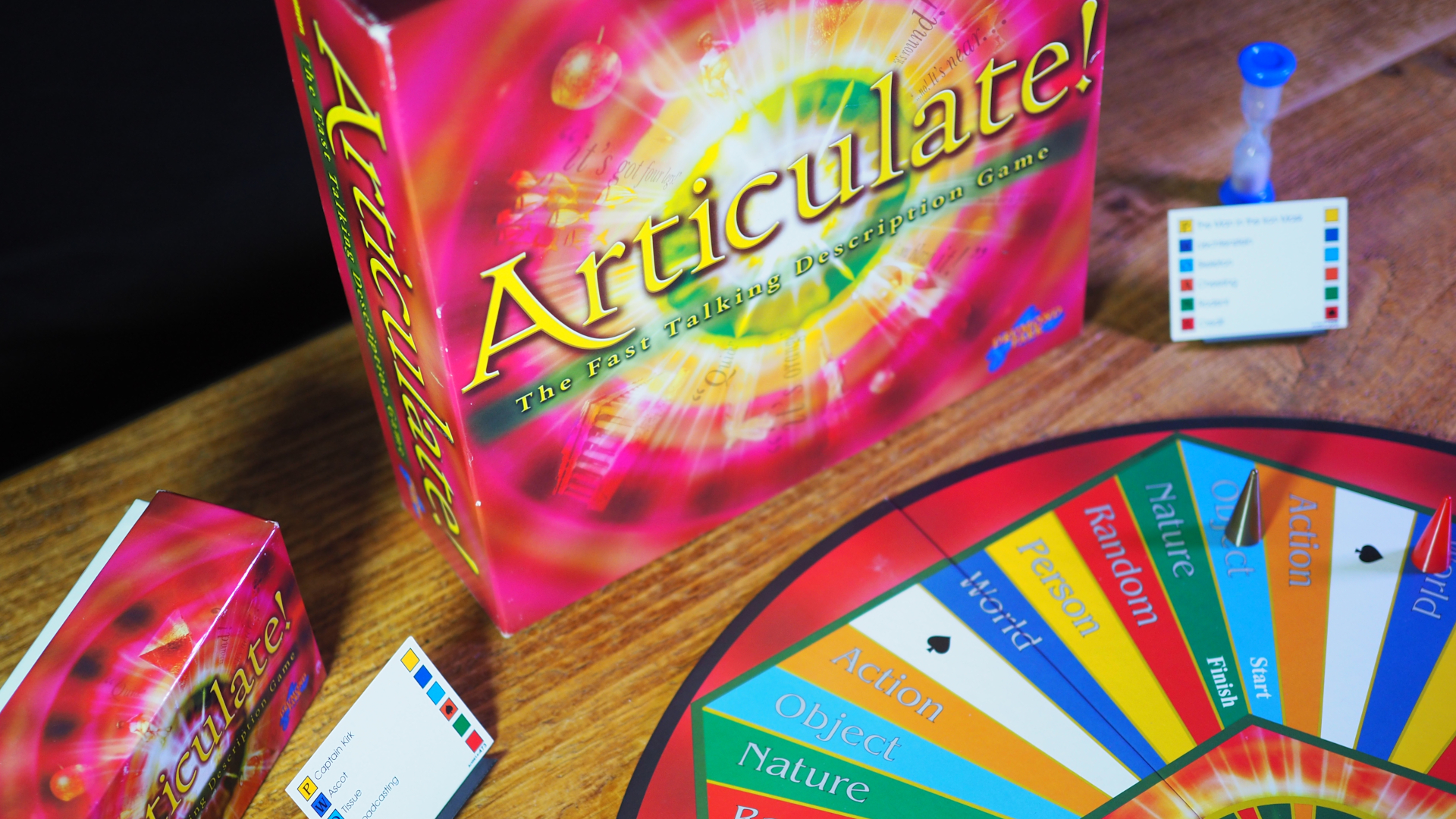When you purchase through links on our site, we may earn an affiliate commission.Heres how it works.
Implicit to this posthuman world, it seems, is the expectation of an invitation.
Perhaps what humans really can’t abide is the notion of a story without a proper ending.
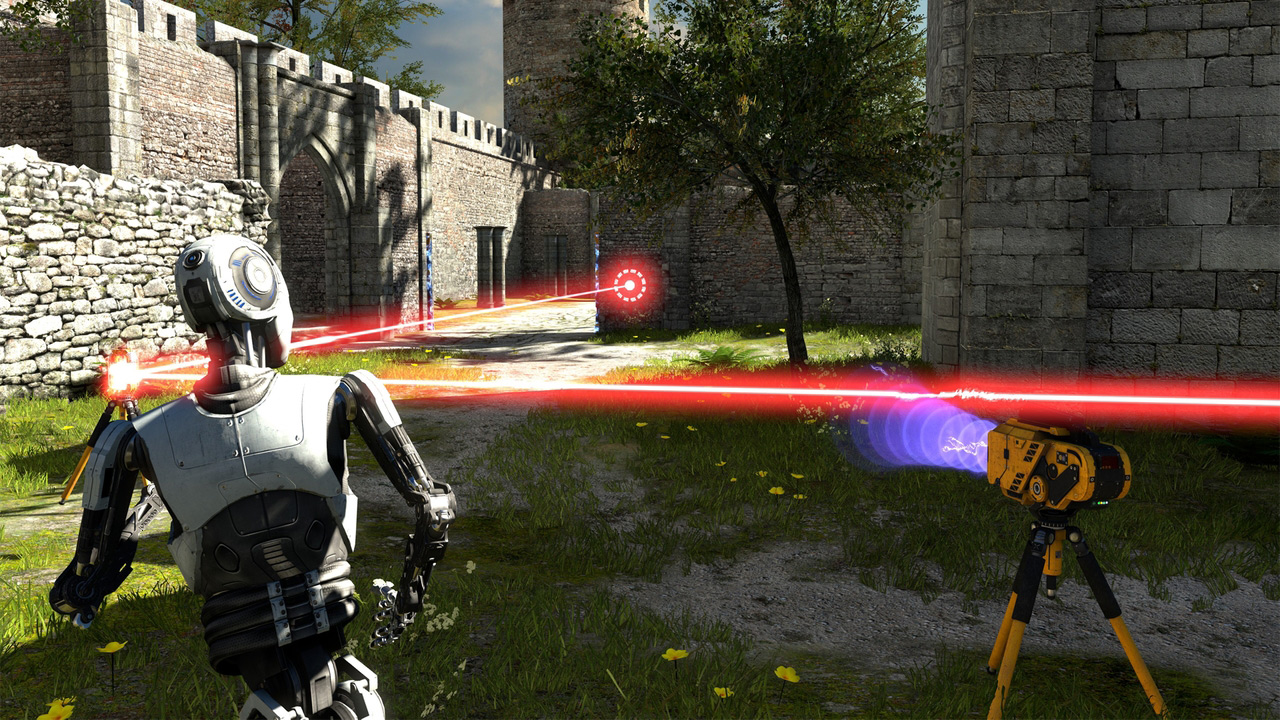
The Talos Principle underlines this point by mimicking one of the great creation myths: the Book Of Genesis.
Skipping to the end of the tale, though, the tower proves to be part of a test.
It was always her hope that the androids in the simulation could defy Elohim and escape into reality.
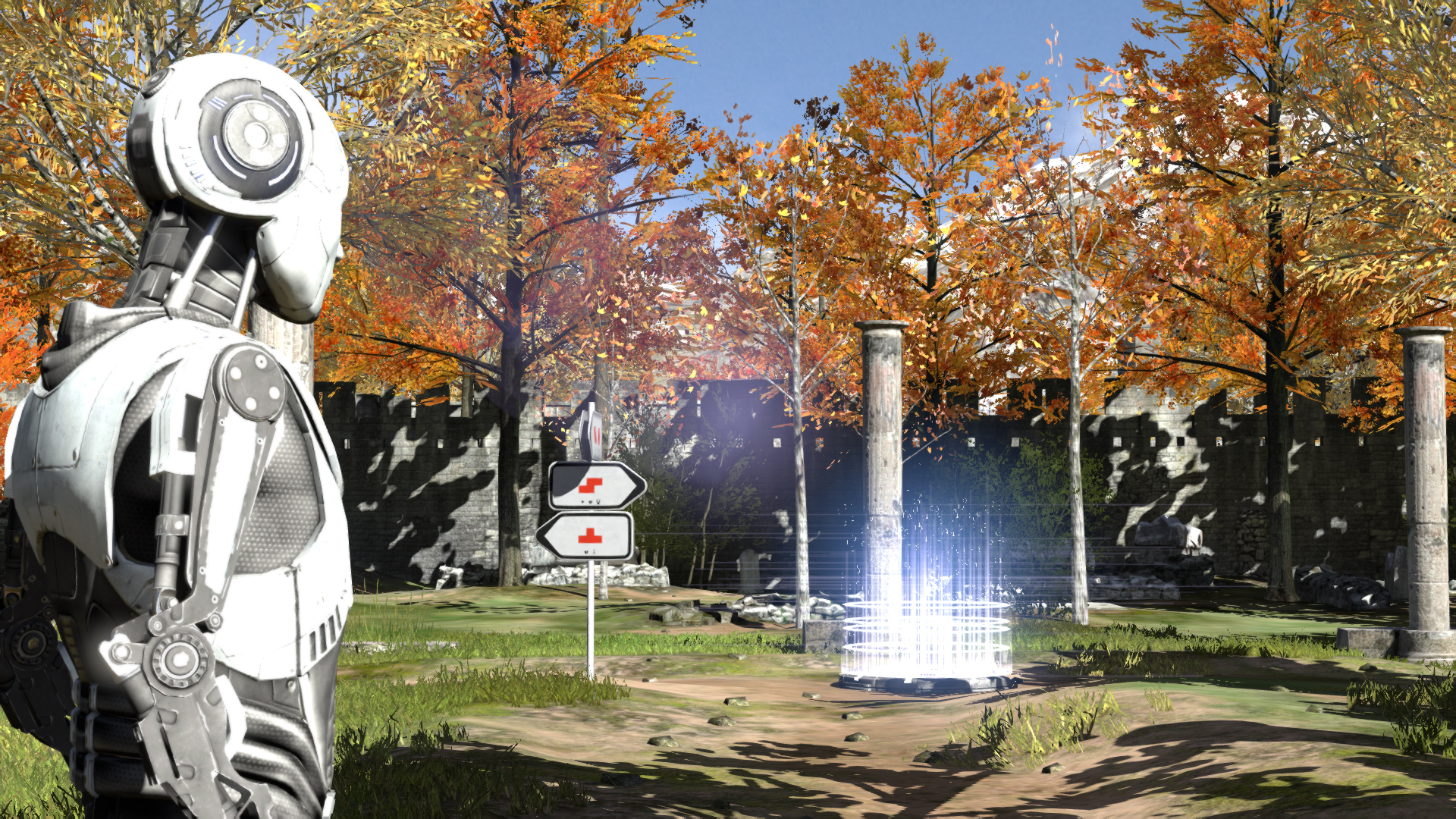
Only by climbing the tower is that potential realised.
Have you really demonstrated free will by accepting an alternate path that was dangled in front of you?
This feature originally appeared in Edge Magazine.
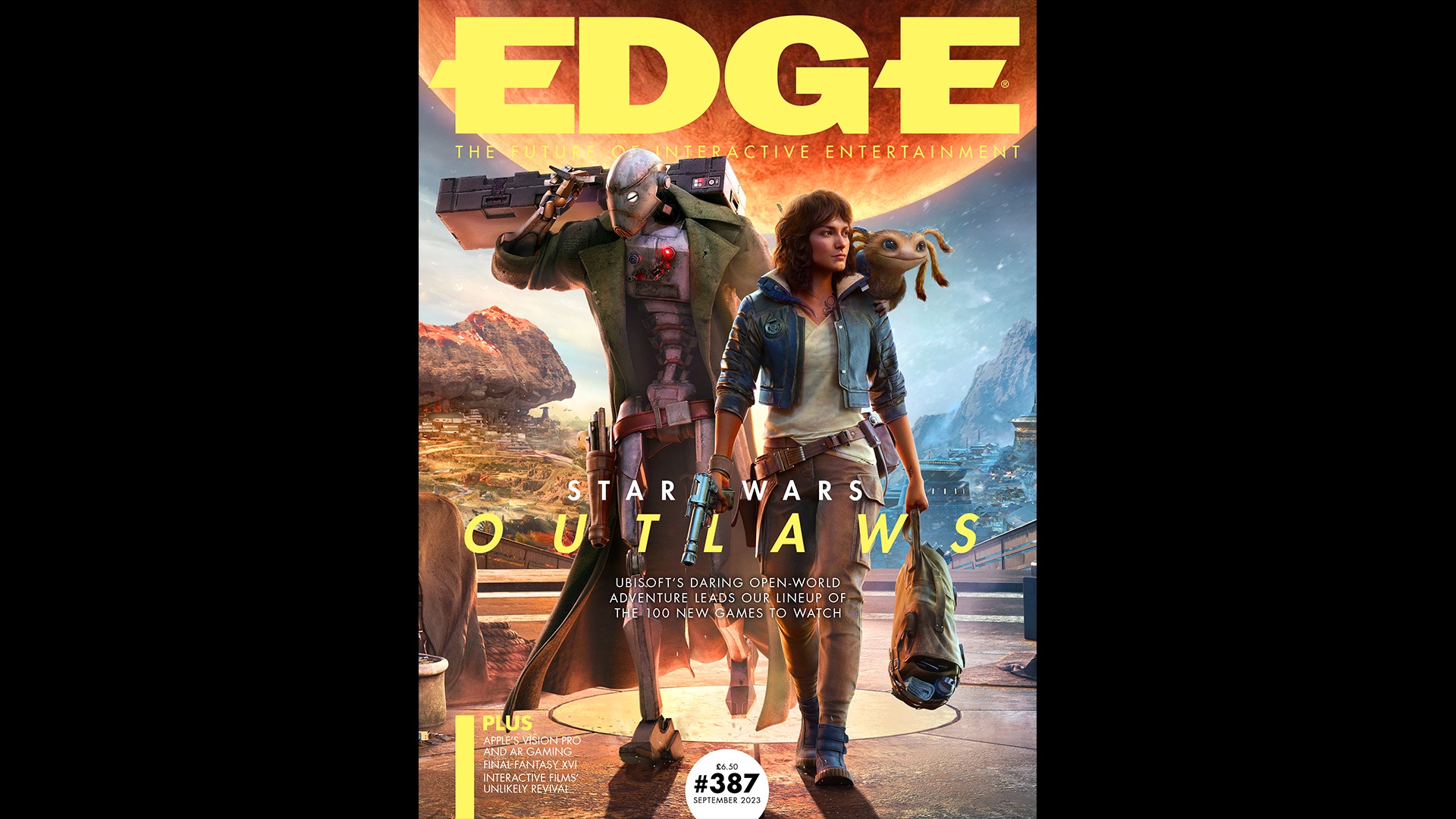
What use is a protagonist who does nothing of note?
Here and elsewhere, Croteam exploits our thirst for narrative.
The puzzles mirror this need.
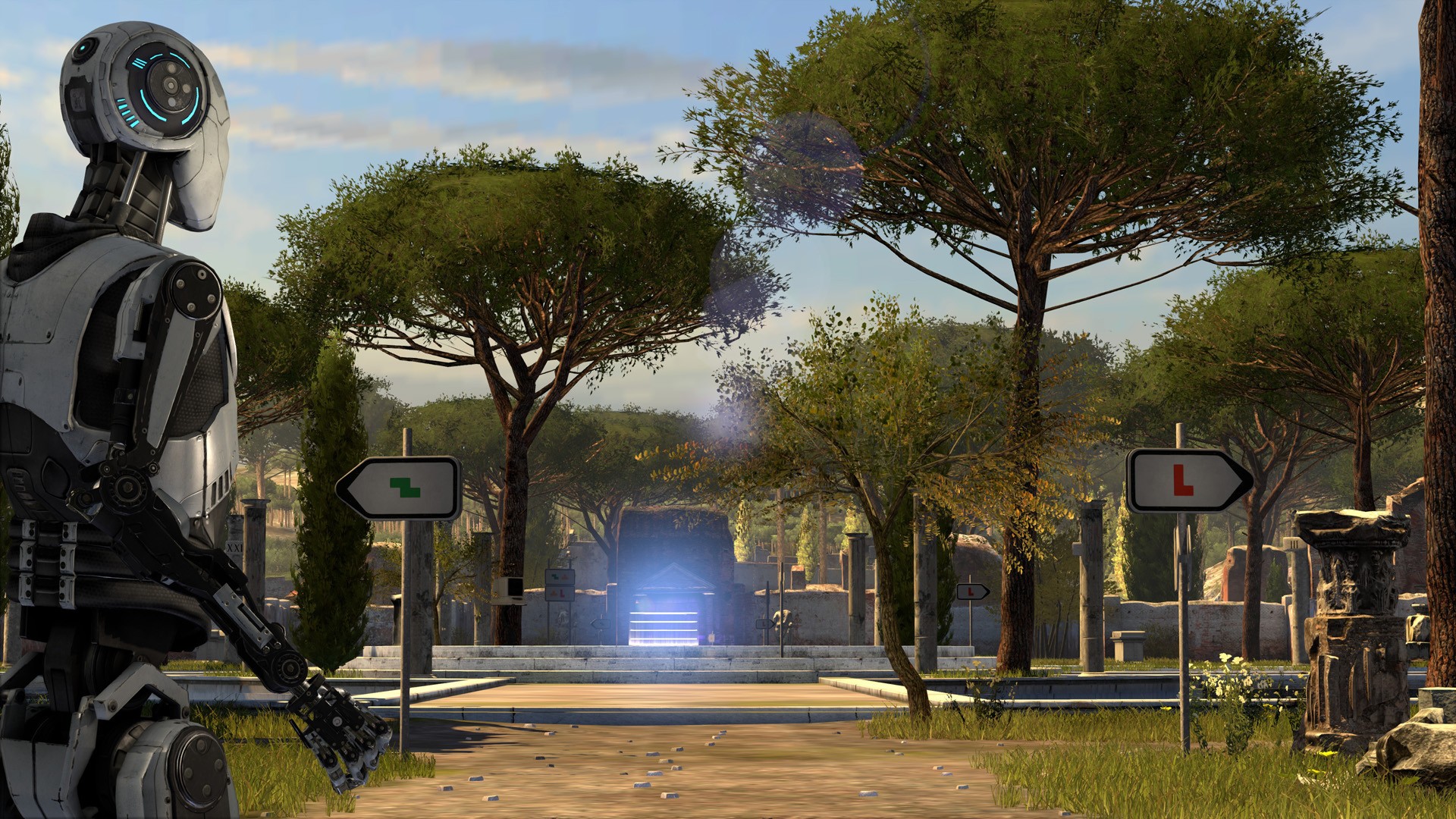
Complete one of the self-contained problems and your reward comes in the shape of a tetromino block.
Once you’ve gathered enough of these, you assemble them into rectangles to unlock progress gates.
Does this not mould our perception, until we can’t imagine a cube as anything else?
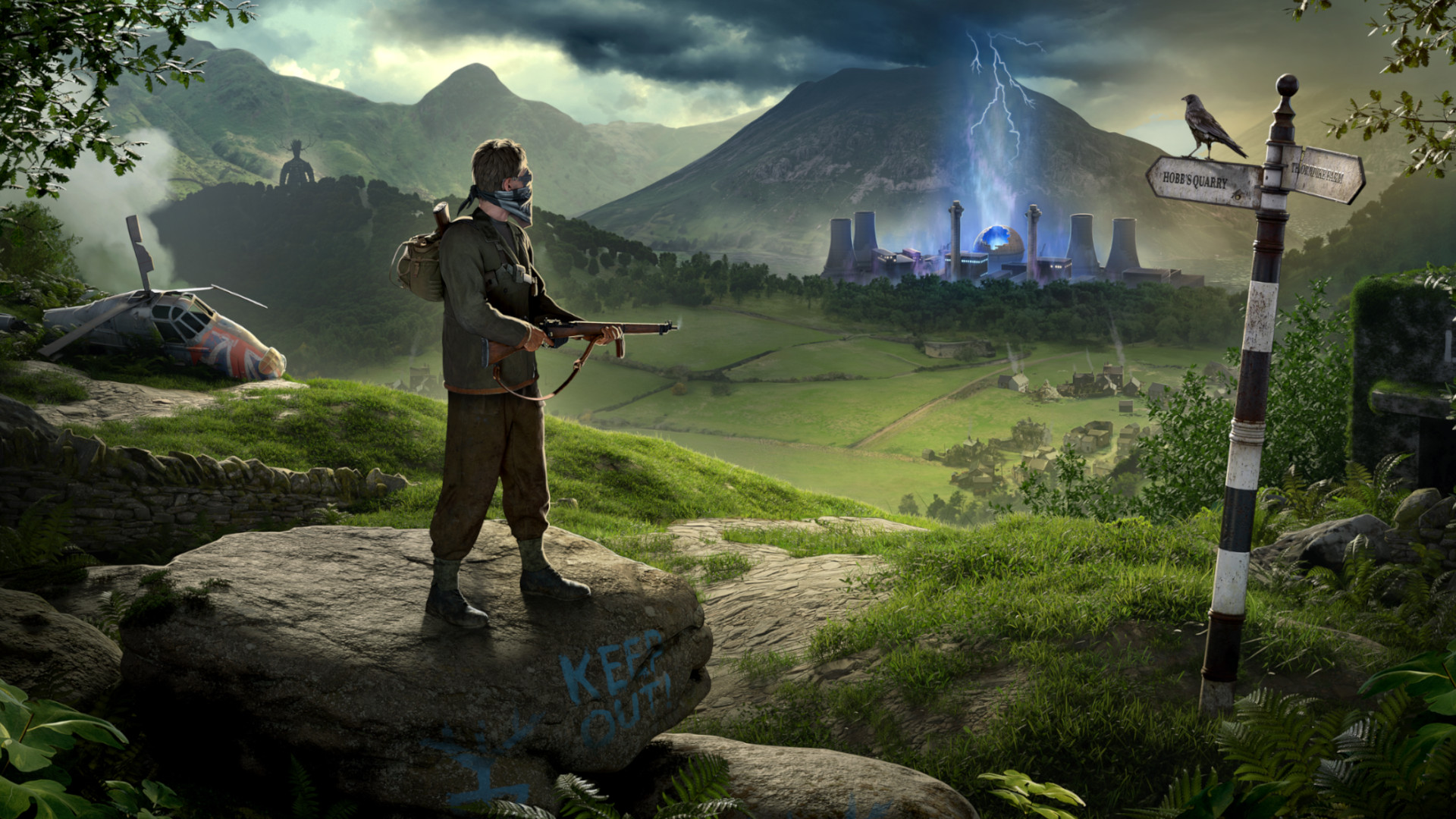
Again, though, The Talos Principle lives on ambiguity.
More often it asks you to push the boundaries of the game’s logic.
The reflector rises, sending its laser towards a target that was previously out of its eyeline.
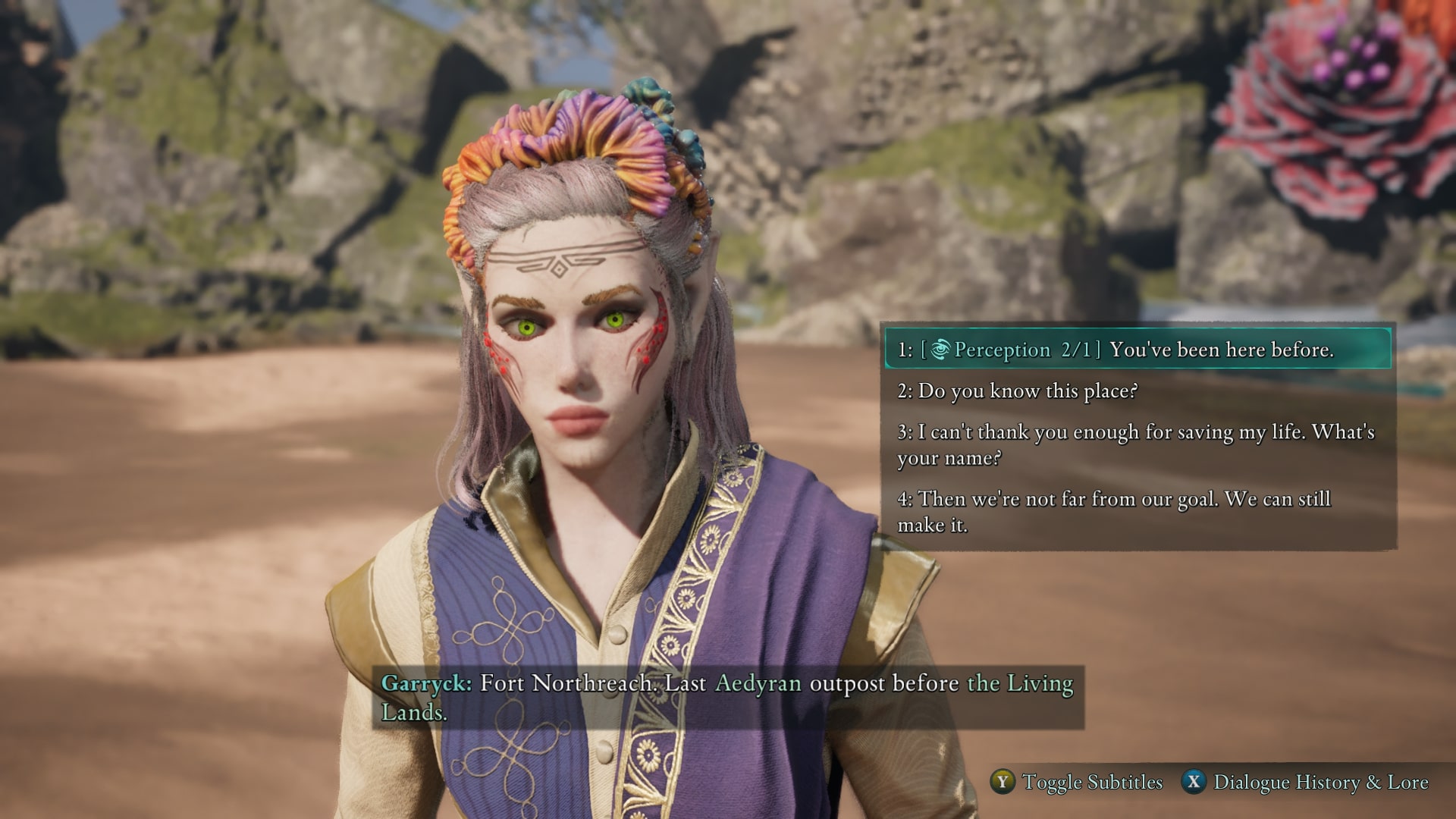
Does free will exist?
If this world is a simulation, how do we know reality isn’t a simulation?
Are people not, like AI, merely a kind of machine using collected data to reach conclusions?
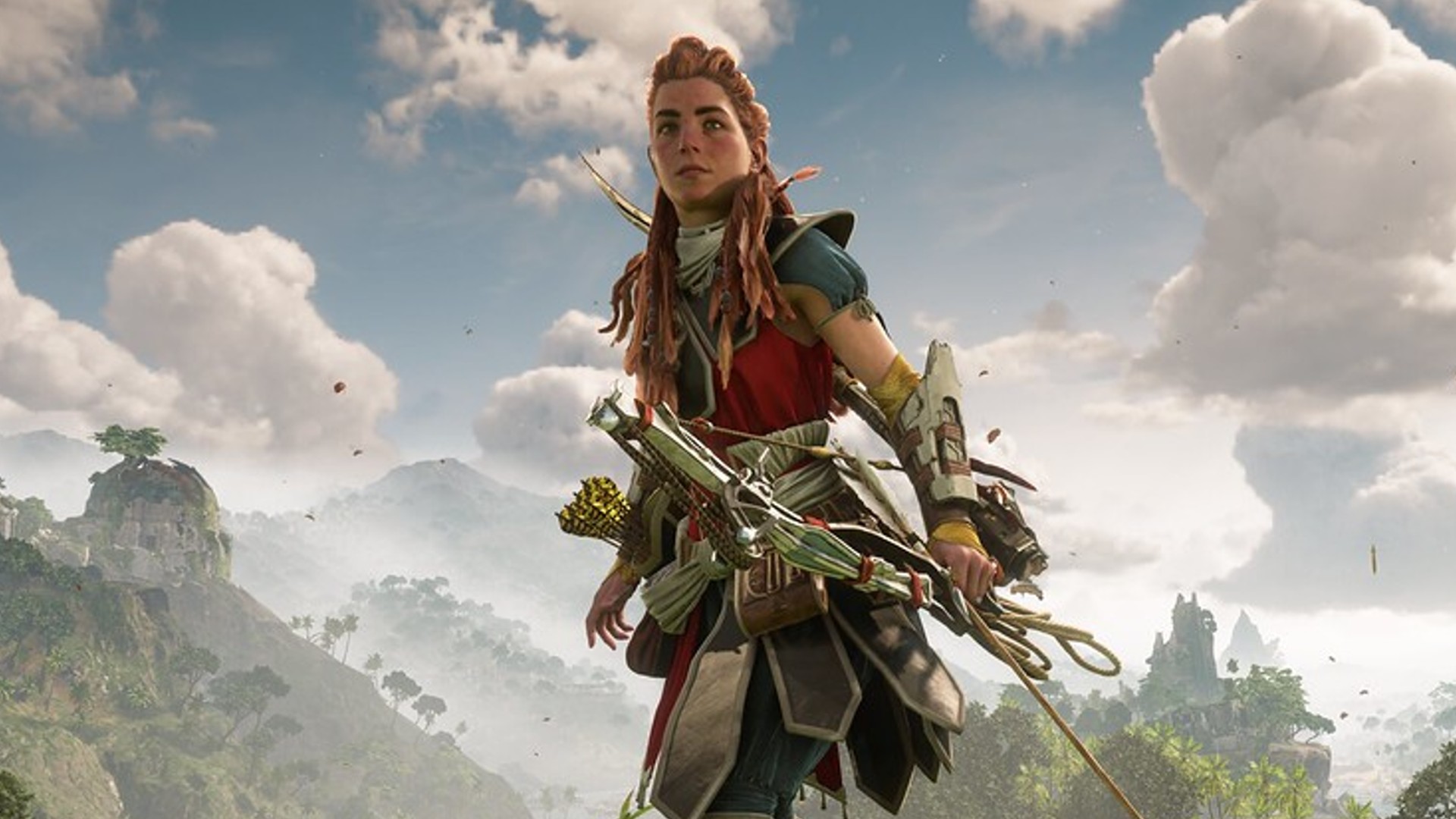
True, these conversations are somewhat limited by the game’s branching dialogue format.
Is it necessarily negative?
Might an egalitarian society cultivate a stronger sense of social engagement and responsibility?
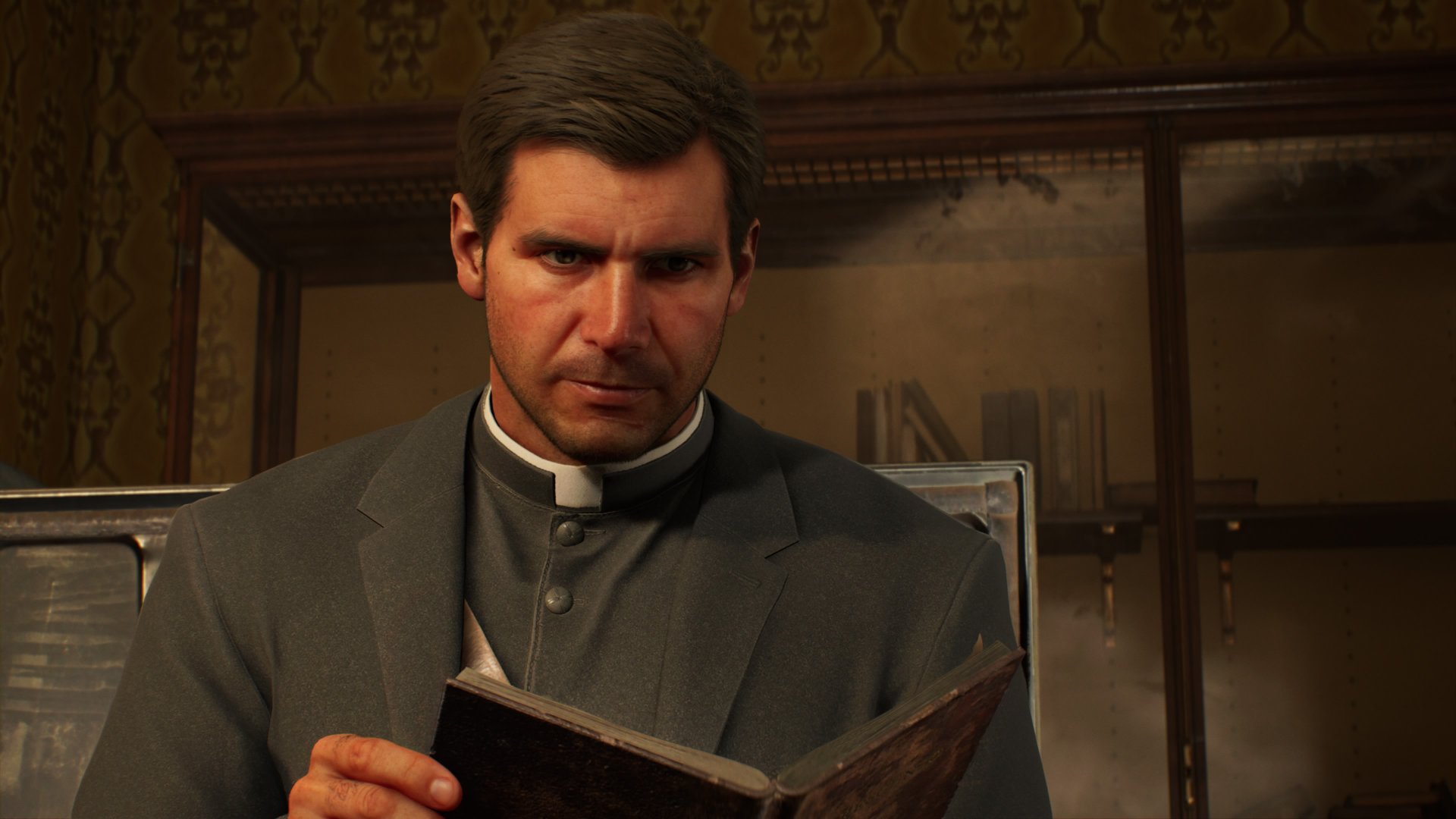
But then, in a wider sense, that’s also the point.
And yet, knowing all that, we have to do something, and the tower calls.
AI has objectives, certainly.
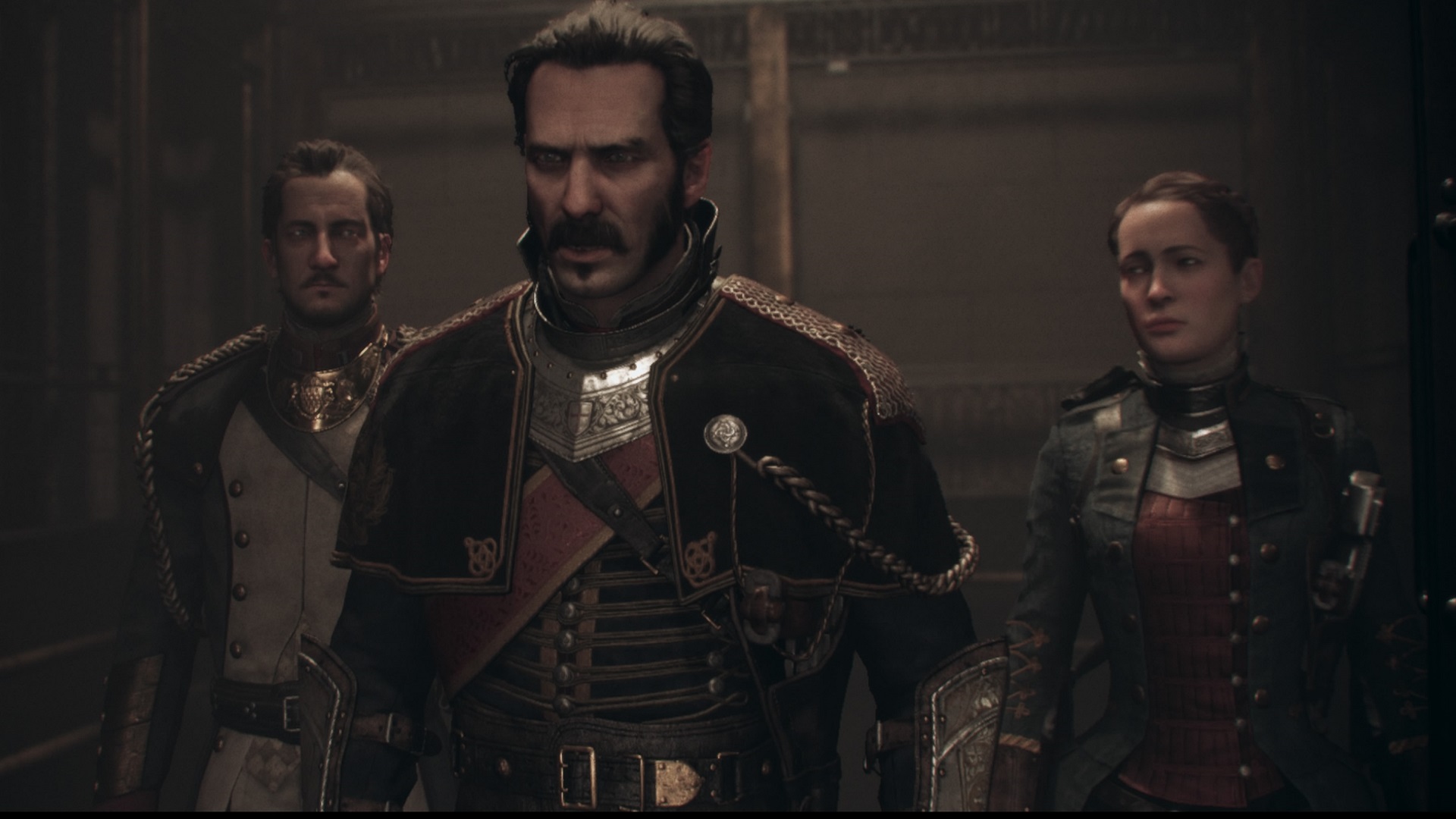
It analyses, categorises, compares and contrasts.
But can it narrativise?
And when you think about it, isn’t that how we learn to write too?
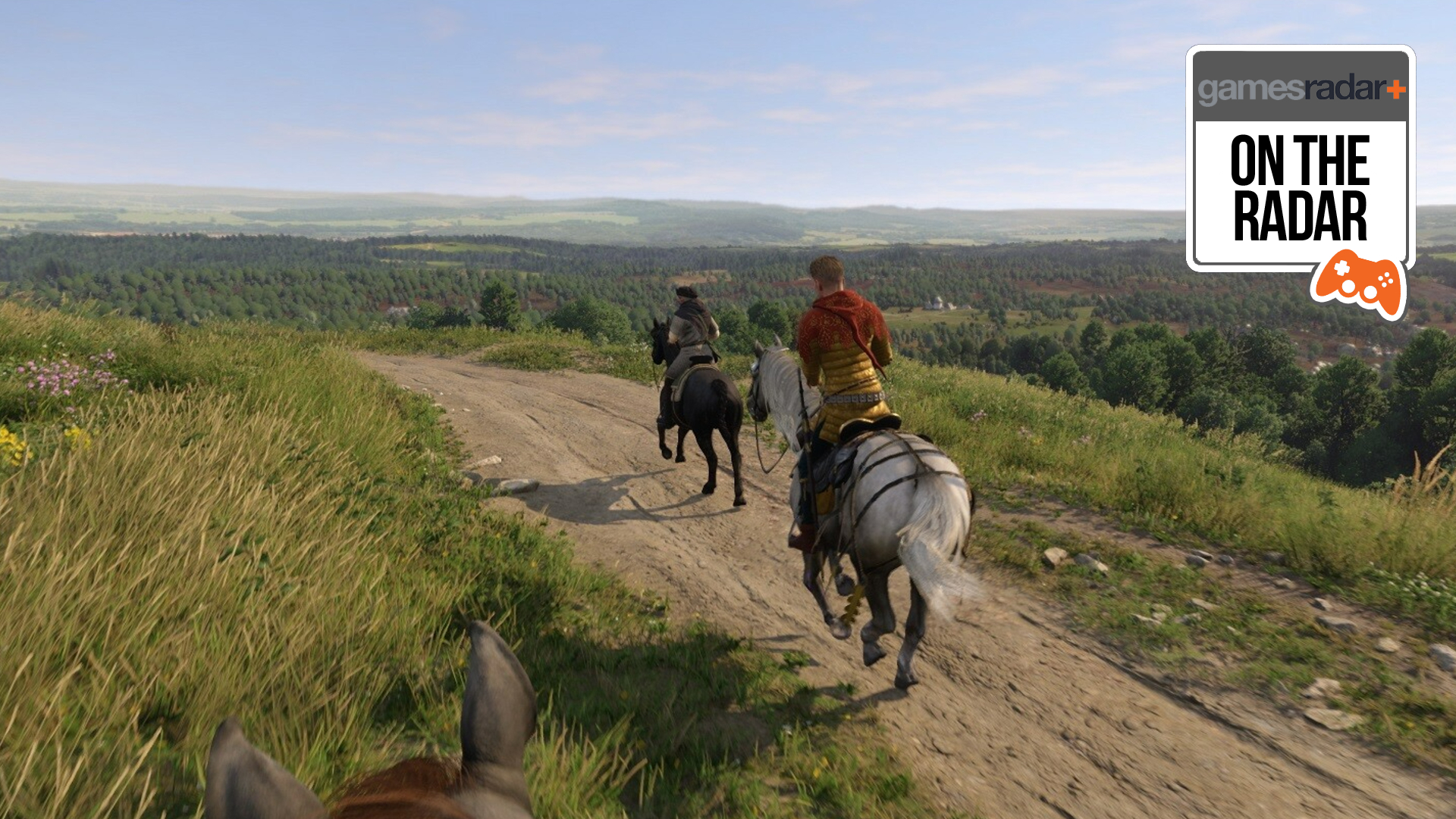
Once you climb the tower, the simulation ends (although yet a third ending awaits true completionists).
So why would it want to create a new civilisation?
Where does it get the narrative inclination?
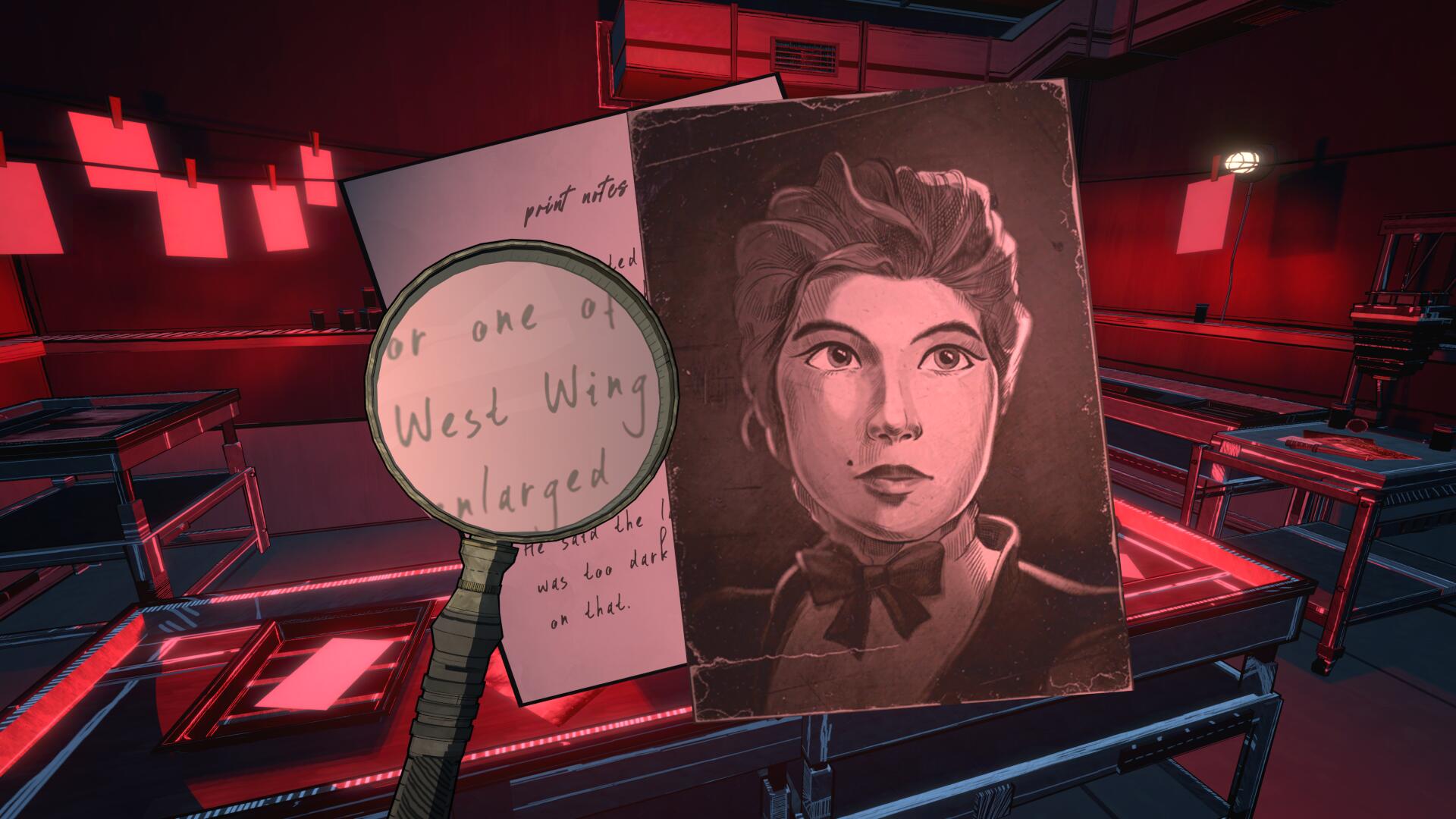
What conclusions would it reach?
What would it do after?
Indeed, why would it choose to play at all?
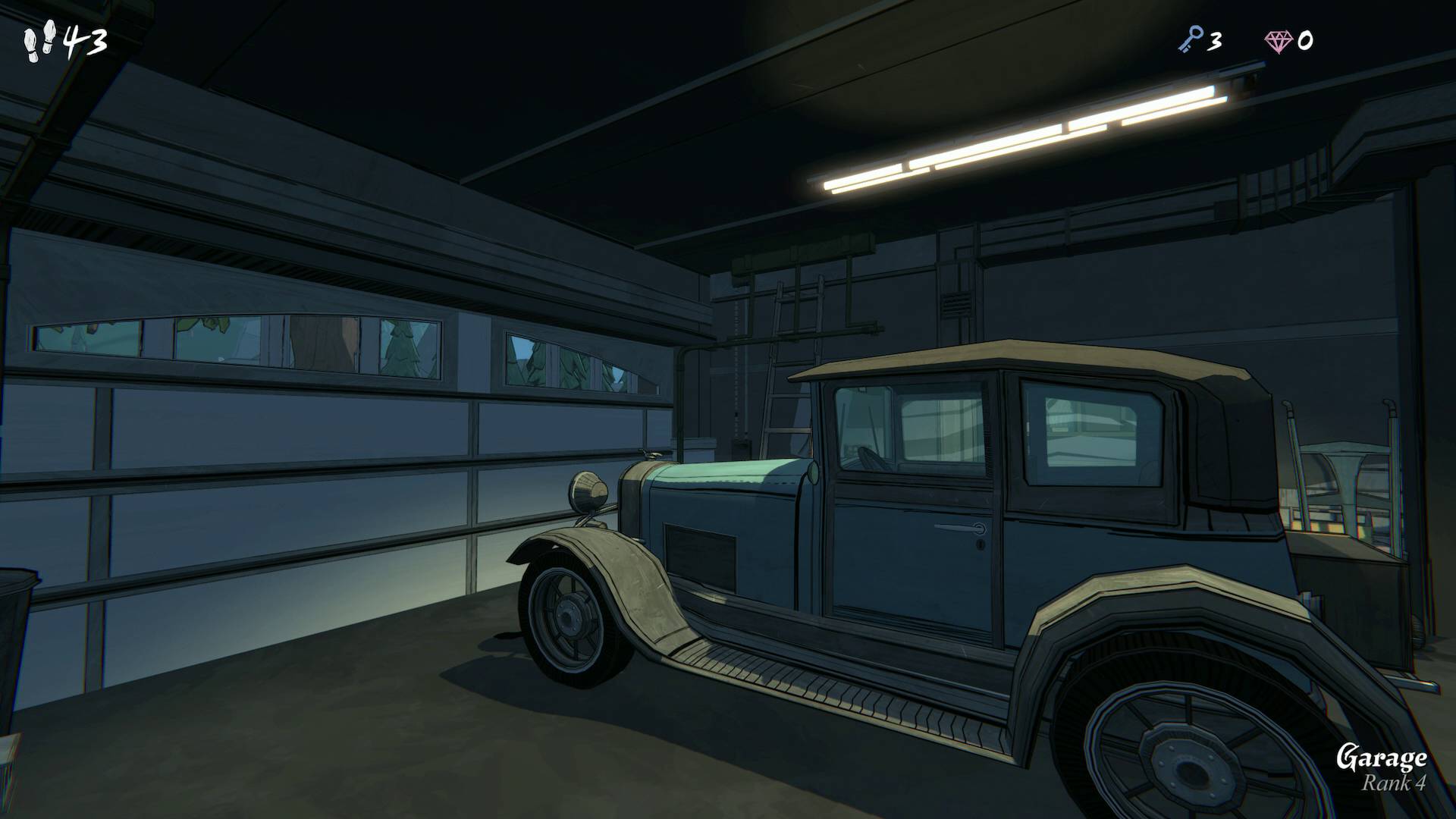
This feature originally appeared inEdge magazine.
